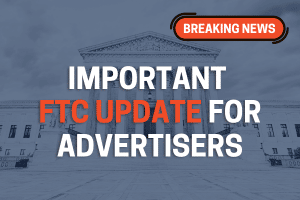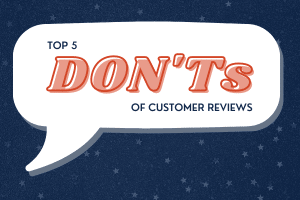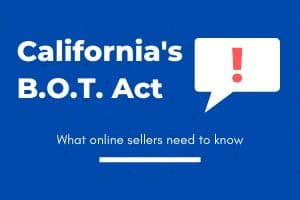
New FTC Endorsement Guidelines: 8 Things Brands and Marketers Need to Know
The FTC released revised guidance for sponsorship disclosures. Our lawyers break down the most important things you need to know.
Schedule a confidential consultation! CONTACT US

“Communication was amazing with fast responses to all emails and questions.
SEE OUR CUSTOMER REVIEWSSchedule a confidential consultation! CONTACT US
Schedule a confidential consultation! CONTACT US

“Communication was amazing with fast responses to all emails and questions.
SEE OUR CUSTOMER REVIEWSSchedule a confidential consultation! CONTACT US

The FTC released revised guidance for sponsorship disclosures. Our lawyers break down the most important things you need to know.

NIL or name, image, and likeness have been a game changer for NCAA student-athletes. Recent changes to NCAA policies now allow college athletes to profit from their brand through endorsement deals.

Reality TV star Kim Kardashian agreed to pay the SEC $1.26 million for failing to adhere to SEC guidelines. Here’s what you should know!

How will deceptive advertising lawsuits be impacted now that a favorite FTC enforcement tool is gone?

A lawsuit from America’s consumer watchdog will almost certainly do more damage to your business than a 1-star review ever could.

We’re very excited to feature Gary Strauss on Small Business Spotlight! Gary is one of the owners of BIG &
Is the University of Phoenix is a “scam school”? That’s what an FTC commissioner insinuated after the for-profit college agreed
Can employees post product reviews? As online marketing attorneys, we hear the question a lot — but the answer isn’t
Last year, a hacker sent a journalist a tip: Someone uncovered an exploit in a “stalking app” and accessed reams

Over 80% of brands use social media influencers to promote products. But leagues of those companies are unwittingly exposing themselves

If you run an online shopping platform, take two minutes to read about California’s new chatbot disclosure law: the B.O.T.
A popular professional e-sports athlete is suing his organization over contract disagreements. Are the accusations fair? What does the lawsuit
It’s a jungle out there. With marketing saturation at peak capacity, gaining exposure — whether you’re an influencer, retailer, non-profit,
Fill out this form to schedule a confidential consultation with one of our highly-skilled, aggressive attorneys to help you tackle any tax or legal problem.
Or, you can call us at
Fill out this form to schedule a confidential consultation with one of our highly-skilled, aggressive attorneys to help you tackle any tax or legal problem.
Or, you can call us at
Submit your information to schedule a confidential consultation, or call us at (847) 580-1279